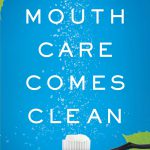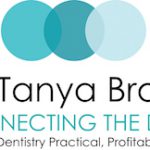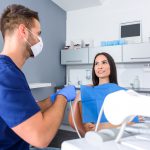
Dr McGlennen: Cancer is a word that receives a lot of attention. There are walks, runs and bike rides every day to raise awareness of various types of cancers and billions of dollars are spent on research directed to improve diagnosis and treatments. As health care professionals, we should perform a cancer risk assessment for each patient with a goal to reduce the patient’s risk and to find cancers earlier when cure is more likely. One way that the dental office can contr...
Read More









